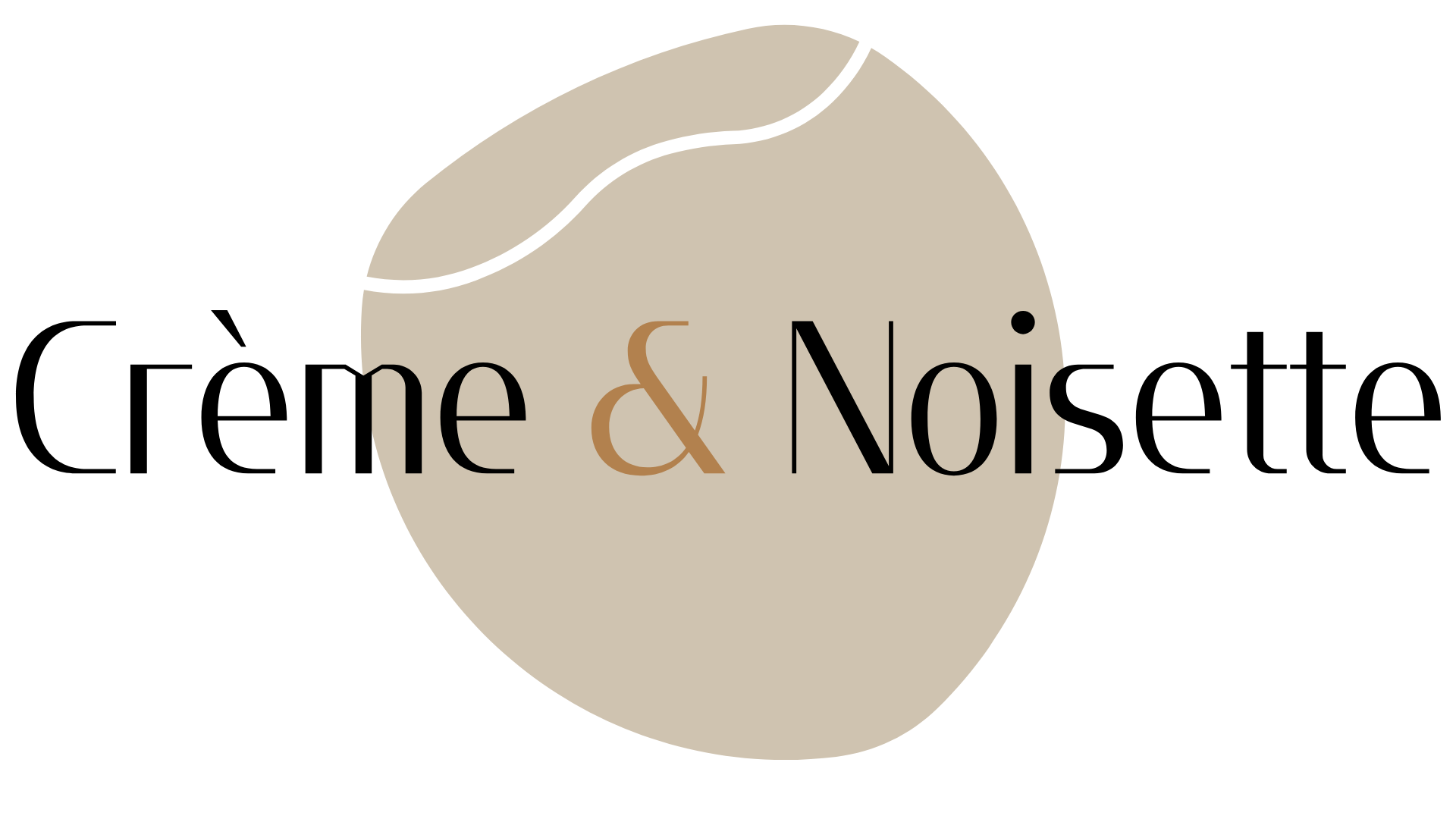Its benefits extend far beyond simple participation in metabolic processes. Zinc is a crucial player in promoting various aspects of human health. In this article, we will explore in detail the many benefits of zinc in nutrition.
Biological functions of zinc
Zinc acts as a cofactor for more than 300 enzymes involved in various metabolic processes. It is crucial for protein synthesis, regulation of gene expression, cell division and DNA repair. In addition, zinc actively participates in the regulation of the immune system by influencing the function of immune cells.
Food sources of zinc
It is essential to get enough zinc from the diet because the human body cannot produce this micronutrient on its own. Food sources rich in zinc include red meats, seafood, nuts, seeds, dairy products and whole grains. A balanced diet generally ensures sufficient zinc intake.
However, certain populations, such as strict vegetarians, older adults, and those with gastrointestinal conditions, may be more susceptible to zinc deficiency and might require supplements.
The benefits of zinc
Impact on growth and development
Zinc plays a vital role in growth and development, especially in children, adolescents and pregnant women. It is essential for cell division, cell differentiation and protein synthesis, thereby contributing to the development of tissues, organs and the nervous system.
Zinc deficiency during pregnancy can lead to complications such as fetal growth delays, birth defects, and neurological problems. In children, prolonged deficiency can lead to stunted physical growth and increased susceptibility to infections.
Immune support and antioxidant function.
Zinc is a key player in maintaining a healthy immune system. It promotes the production and function of immune cells, such as lymphocytes and neutrophils, thus helping the body fight infections. Additionally, zinc acts as an antioxidant, protecting cells against damage caused by free radicals.
Adequate zinc intake is especially important in preventing colds, respiratory infections and other common illnesses.
Wound healing and cellular repair
Zinc plays a crucial role in wound healing and cellular repair. It is involved in the synthesis of collagen, an essential protein for the formation of skin, bones, cartilage and blood vessels. Sufficient zinc intake promotes faster recovery after injuries, surgeries or burns.
Chronic disease prevention
Adequate levels of zinc in the diet contribute to the prevention of chronic diseases. As an antioxidant, zinc protects cells against damage caused by free radicals, reducing the risk of degenerative diseases such as heart disease, diabetes and certain types of cancers.
Cognitive and emotional support
Zinc is also involved in mental and emotional health. Studies suggest that adequate levels of zinc may help prevent depression and anxiety. It plays a role in regulating neurotransmitters, the chemicals that transmit signals in the brain.
Conclusion
In conclusion, zinc is much more than just a nutritional element. It is essential for supporting various aspects of human health, from growth and development to the prevention of chronic diseases. Incorporating dietary sources rich in zinc, such as meats, seafood, nuts and seeds, into a balanced diet is crucial to ensuring sufficient intake of this vital element. By understanding and valuing the benefits of zinc in nutrition, we can take proactive steps to maintain optimal long-term health.



